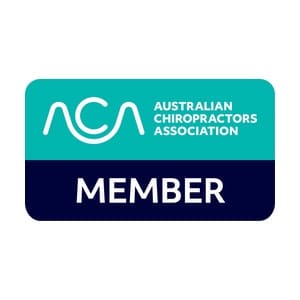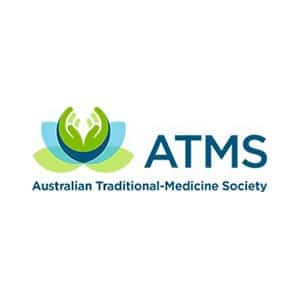Leg-Calve-Perthes Syndrome is a disorder of the hip joint in children. The causes of Perthes syndrome are unknown but it is believed that it initially begins when the blood flow to the top of the thigh bone (femur) is interrupted. This reduced blood supply causes the ball shaped bone structure to collapse and flatten.
The result is degeneration and deformity in the area which causes inflammation and irritation. Perthes Syndrome can occur randomly during the life cycle, but it is most common in boys aged three to eleven years and has drastic implications for bone development and hip joint function.
Often Perthes Syndrome is misdiagnosed as a form of early-onset arthritis. The degeneration of the bone is similar to arthritis, therefore a correct diagnosis is vital for recovery.
Symptoms can include:
- An occasional limp in the earlier stages
- Knee pain
- Worsening pain and limping as the disease progresses
- Pain in the knee, thigh or groin when putting weight on the affected leg or moving the hip joint
- Constant thigh pain
- Reduced joint motion
- Joint stiffness
- Weakened thigh muscles (atrophy)
- Eventually, the affected leg becomes shorter than the unaffected leg
Some sufferers of Perthes Syndrome require orthopaedic bracing for up to two years, while others undergo surgery to help the problem. Fortunately, not all patients need undertake surgical or bracing treatment.
Children who have treatment for Perthes Syndrome under the age of three years have very good chances of recovery. For those children left undiagnosed and untreated, risk of permanent disability increases with age.
Chiropractic intervention for Perthes Syndrome begins after medical intervention and any necessary bracing. There are often many muscular imbalances and joint restrictions following bracing that are important to address in order to prevent any secondary musculoskeletal problems.
If you have any questions regarding this information, or need help with your particular condition, please contact Back to Basics® Chiropractic at either the Kogarah, Parramatta or Bexley clinic. Our highly trained staff will be able to advise you on an appropriate course of action.






